Who would have thought a least-developed African country would bypass bigger names like the US and get a head start on cleaner and greener EVs?
Out of Africa

Image Credit: Pexel / Kelly
One country is seemingly 100% serious regarding phasing out fossil fuels – and it’s not in the first-world USA.
Long governed by a single-party authoritarian regime, Ethiopia is now showing how quickly it can adapt to cleaner, greener environmental policies that might require a longer timeframe in countries with democratic governance.
Going Green
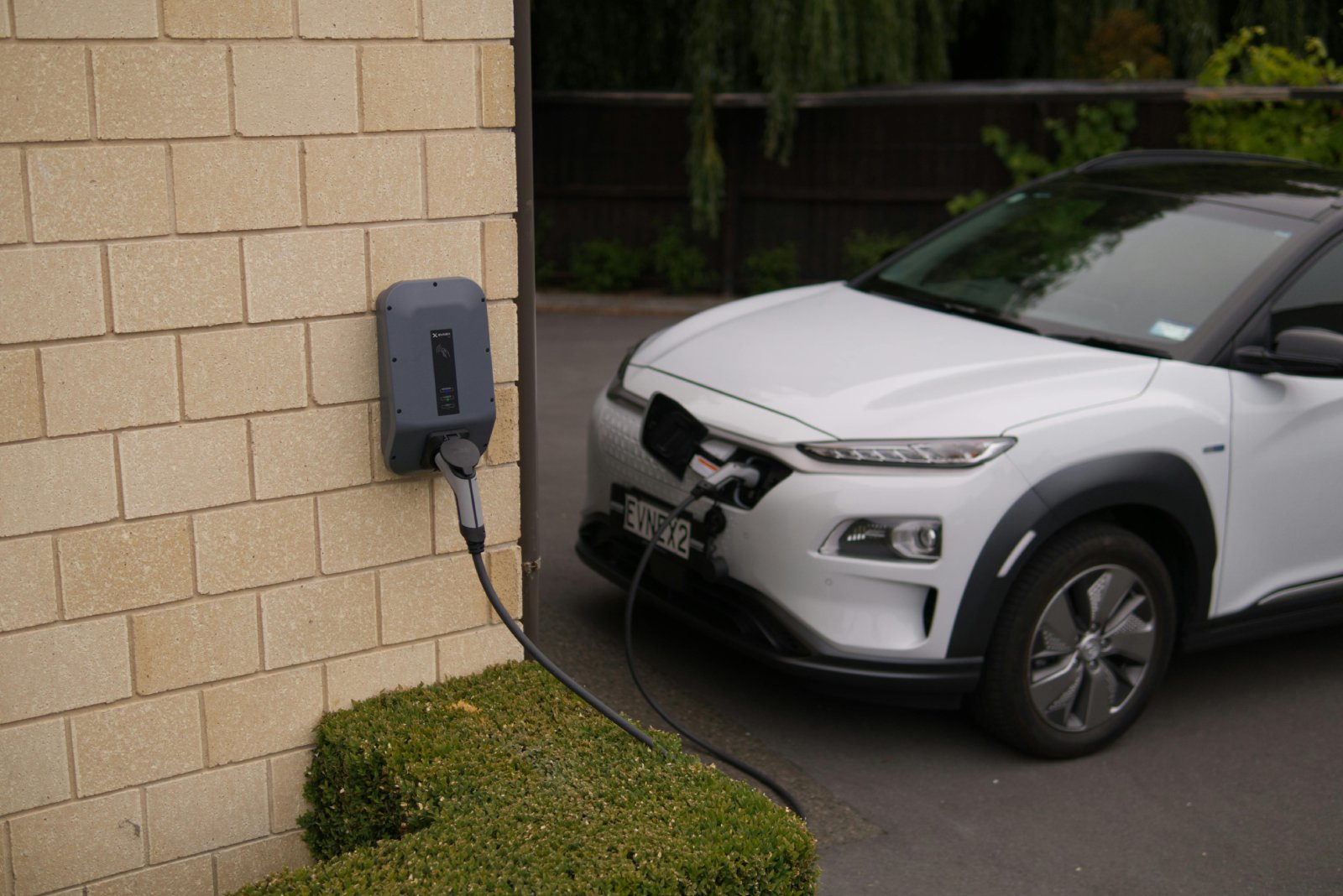
Image Credit: Pexel / Ed Harvey
At the start of this century, Ethiopia shifted its focus to banning hazardous, inefficient gas-powered vehicles.
Today, its streets, while still having polluting cars and trucks, are seeing an increase in electric vehicles – even electric buses, smaller 15-seat minibusses, and motorbikes are becoming more widespread.
In fact, Ethiopia is currently estimated to have around 100,000 EVs.
“No” to Fossil Fuels
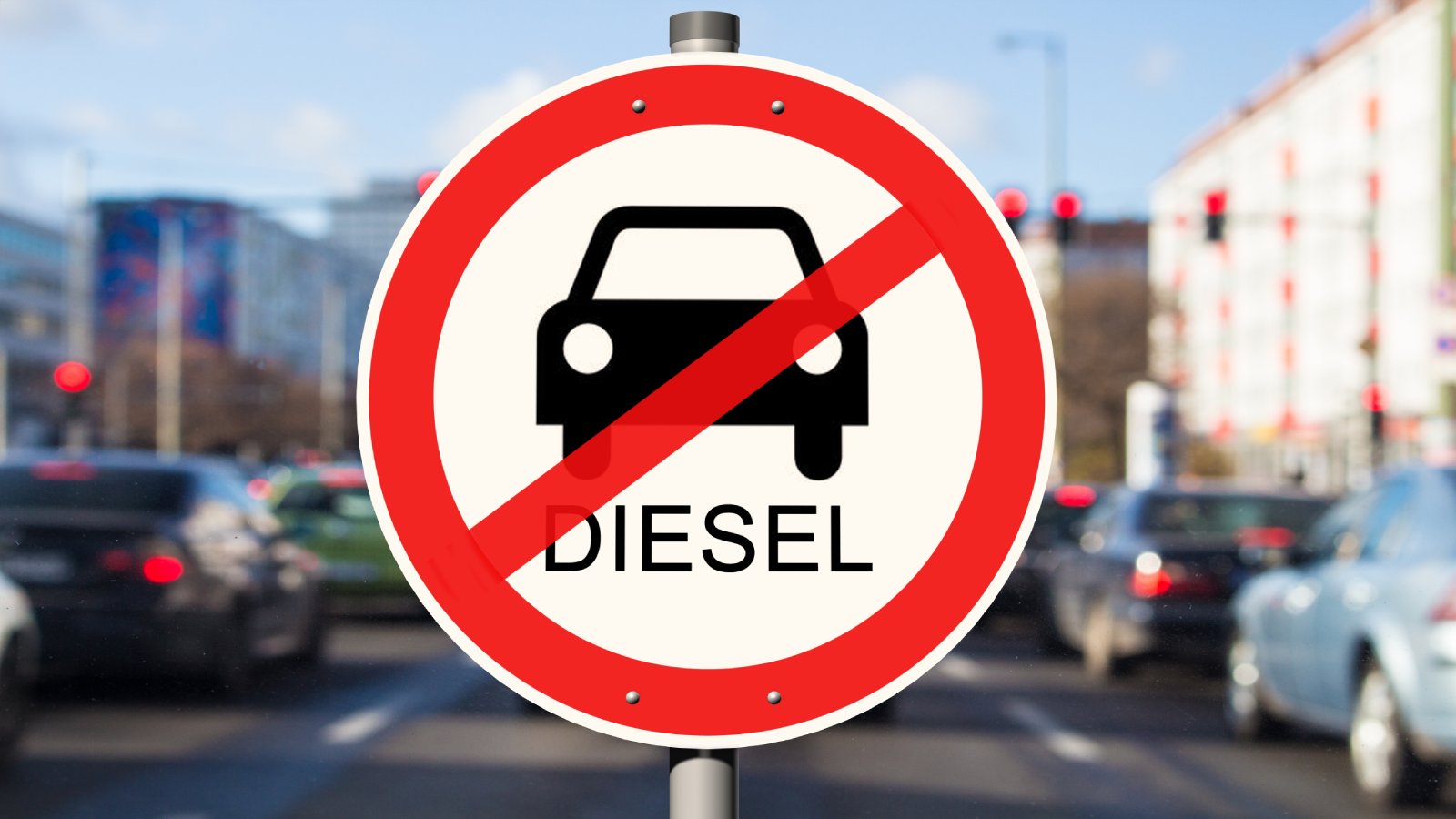
Image Credit: Shutterstock / RikoBest
And according to the government, that number might grow by more than four times by 2032.
The main reason is that Ethiopia, instead of touting pretty promises, took action earlier this year and became the first nation in the world to ban the import of all gas-powered passenger vehicles.
It Gets Better

Image Credit: Shutterstock / Salivanchuk Semen
More action was implemented this week when the country enacted a prohibition on all diplomatic missions and international organizations regarding the importation of vehicles powered by petrol and diesel.
Setting an Example

Image Credit: Shutterstock / Vladimir Borovic
The Ministry of Foreign Affairs said this decision forms part of Ethiopia’s larger mission to move the country towards clean energy while encouraging environmental sustainability.
In the statement released on Monday, it stipulated that: “The Ministry wishes to inform all diplomatic and consular missions, regional and international organizations in Addis Ababa that in light of the pressing challenges posed by climate change and Ethiopia’s commitment to contribute to emission reduction and transition to renewable energy, the importation of vehicles using fuels (petrol and diesel) for internal combustion engines is prohibited.”
A Great Step Forward

Image Credit: Shutterstock / Salivanchuk Semen
Part of the statement also read: “All those with diplomatic privileges are required to continue importing only electric vehicles as per the direction enforced for duty-free importation of vehicles.”
As Ethiopia hosts the largest number of foreign diplomats in Africa, this decision may achieve a notably beneficial impact.
No Fuel, No Problem
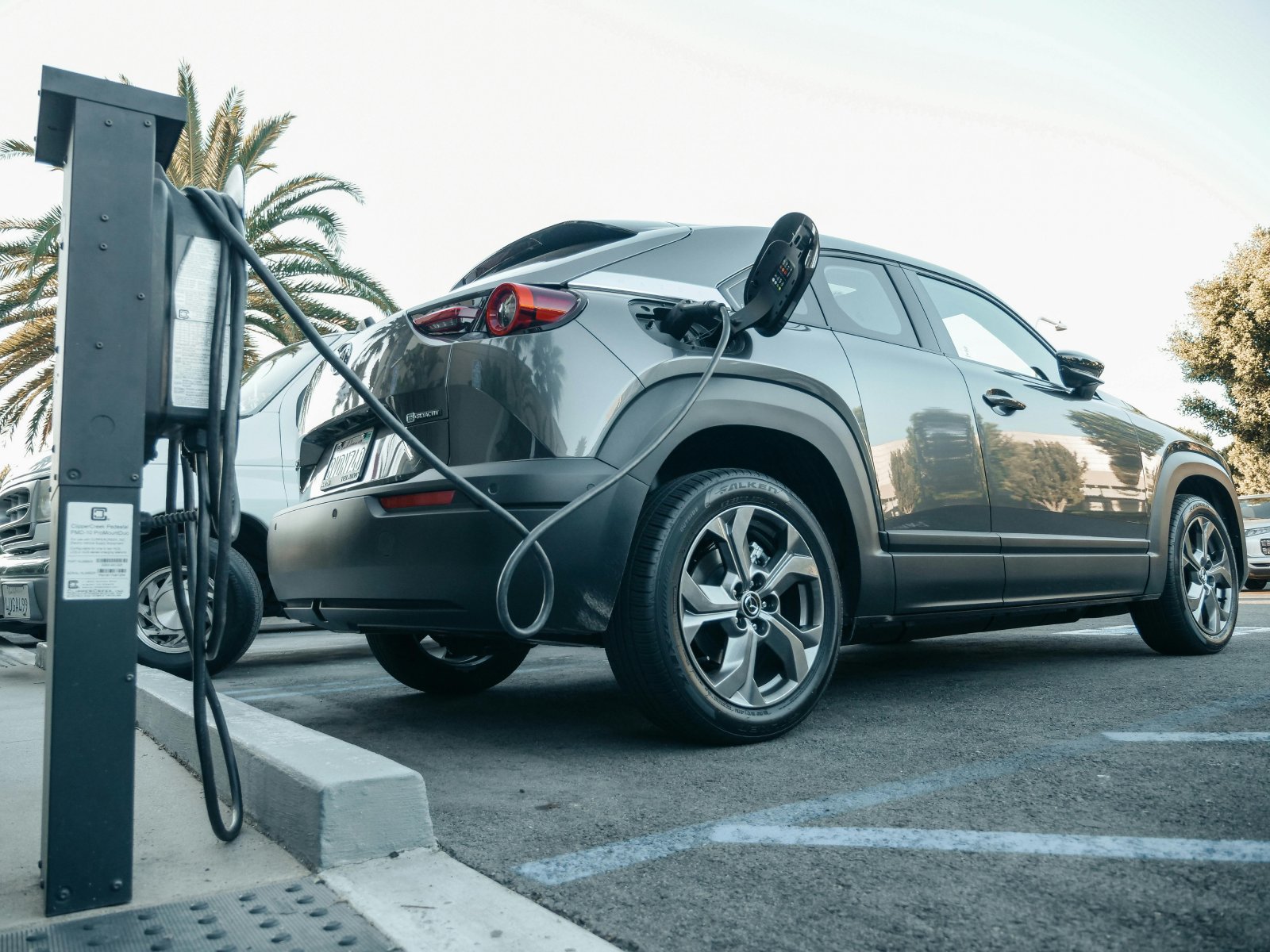
Image Credit: Pexel / Kindel Media
Aiding in the rise of EVs is the fuel shortage that the country has been experiencing.
Since March this year, Ethiopia’s capital Addis Ababa, as well as other towns, have been facing disruptions in fuel imports from the country’s main source, Djibouti.
Too Much

Image Credit: Shutterstock / RachenStocker
As stated by the Ethiopian Petroleum Supply Enterprise, a minimum of 9.2 million liters of diesel needs to be introduced into the market on a daily basis to keep the country’s diesel-powered vehicles up and running.
Can’t Keep Up

Image Credit: Shutterstock / Lumen Photos
On the other hand, the daily need for benzene varies between 2.2 and 2.4 million liters, yet the actual supply can be inconsistent, sometimes dropping to as low as 1.9 million liters on certain days.
A Logical Step

Image Credit: Shutterstock / G-Stock Studio
Take the fuel shortage into account, plus the fact that petrol and diesel are expensive, and it makes sense why Ethiopia has its sights set on EVs.
Other Countries, Take Note!

Image Credit: Pexel / Donovan Kelly
Additionally, about 96% of the country’s power is already produced by clean hydropower, which benefits both its finances and the environment.
Makes Perfect Sense
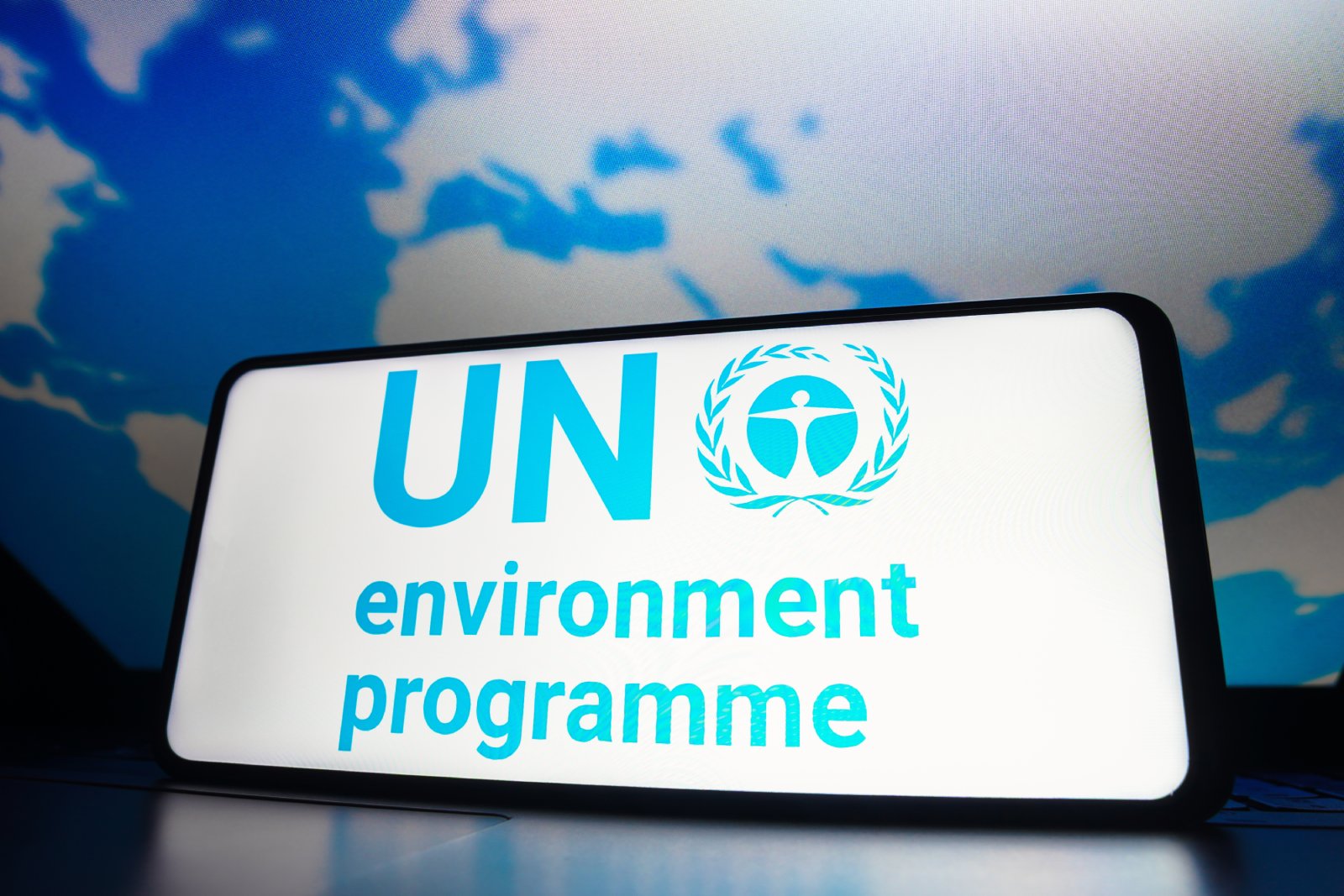
Image Credit: Shutterstock / rafapress
As stated by Kenya-based Jane Akumu, a program officer at the United Nations Environment Programme: “They really are a clean-energy country.”
She also added: “Why are you importing oil while you have local electricity that you can actually use for your vehicles?”
Car Count

Image Credit: Pexel / Life Of Pix
When comparing the number of cars on Ethiopian roads to other countries, the number is quite low – only 1.2 million, which works out to about one car for every 100 citizens.
Way Too Much

Image Credit: Shutterstock / Gorodenkoff
Over 91% of US residents, for example, own at least one car.
And in Nigeria, the most populated country in Africa, there are 5 – 6 cars for every 100 people, equaling about 11.8 million in total.
Sharing is Caring
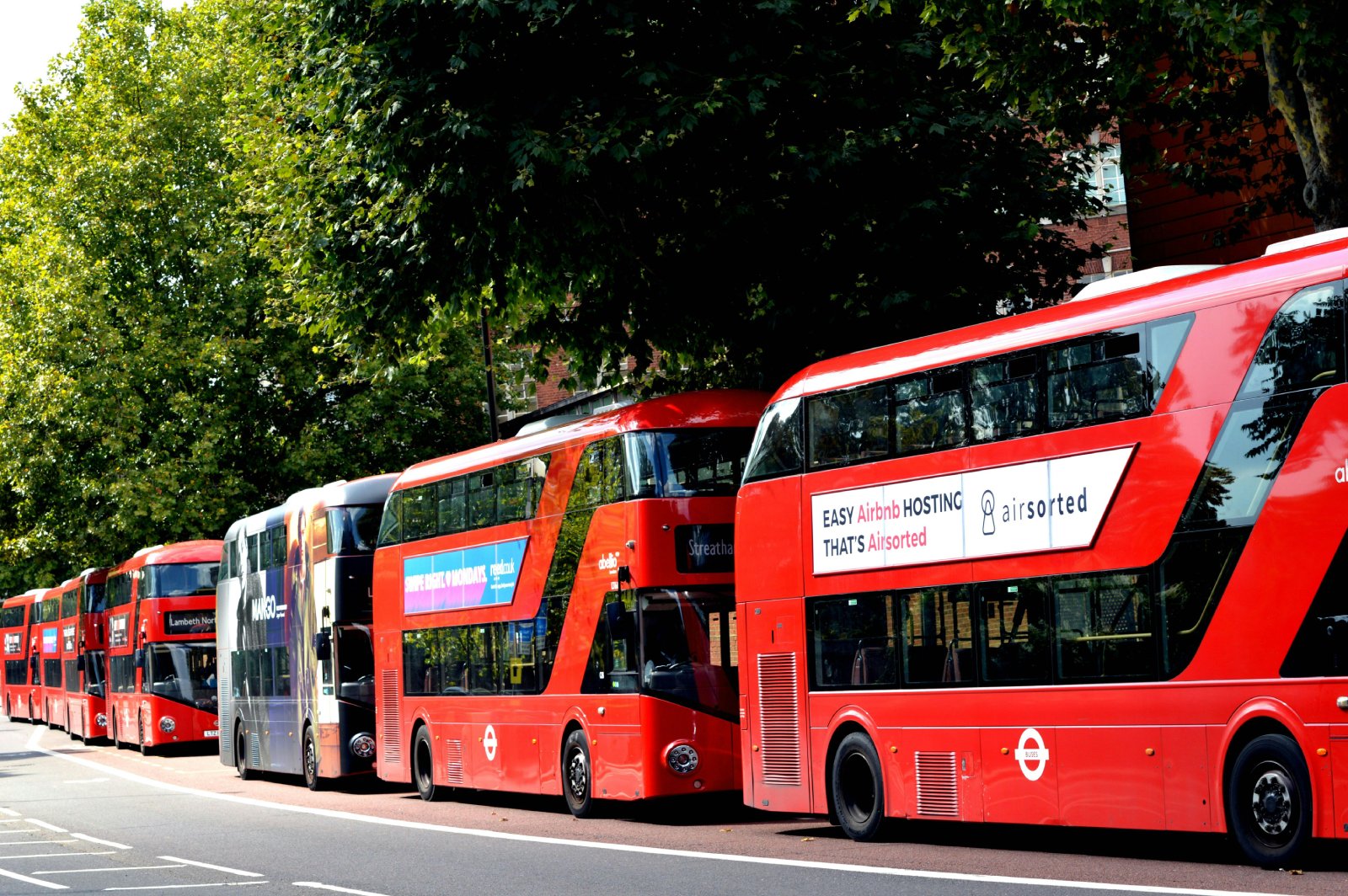
Image Credit: Pexel / SevenStorm JUHASZIMRUS
Significantly high taxes on gas-powered vehicles have helped keep the number of cars in Ethiopia so low – it can cost consumers up to three times the value of imported cars.
However, this strategy has helped to encourage a greater use of public transportation.
More Green, Less Taxes

Image Credit: Shutterstock / Zerbor
Going green has also helped the country decrease those customs taxes on imported cars.
In 2022, the Ministry of Finance introduced a revised duty tariff for vehicles. Where customs duties for petrol- and diesel-powered vehicles were set at 200%, those for fully assembled EVs were subject to a significantly lower rate of 15%.
Then, in January this year, a complete ban on imported fossil-fueled vehicles was announced.
We Need More

Image Credit: Shutterstock / Gorodenkoff
This government-led plan to get more EVs onto Ethiopian streets has also led to the manufacturing of more electric vehicles.
A significant number of vehicles were constructed by the Belayneh Kindie Group, located in Ethiopia, by utilizing China-sourced components.
Boosting Country Cash

Image Credit: Shutterstock / TY Lim
Speaking to CNN, Besufekad Shewaye, the company’s manager, stated that the import tariffs for electric vehicle parts built in Ethiopia are “nearly zero percent.”
Taking the Lead

Image Credit: Shutterstock / aerogondo2
At the moment, Ethiopia is the only country that has banned imported gas cars.
As stated by Moses Nderitu, the managing director of electric bus company BasiGo in Kenya, Ethiopia’s ban is “definitely a one-off.”
Sub-heading
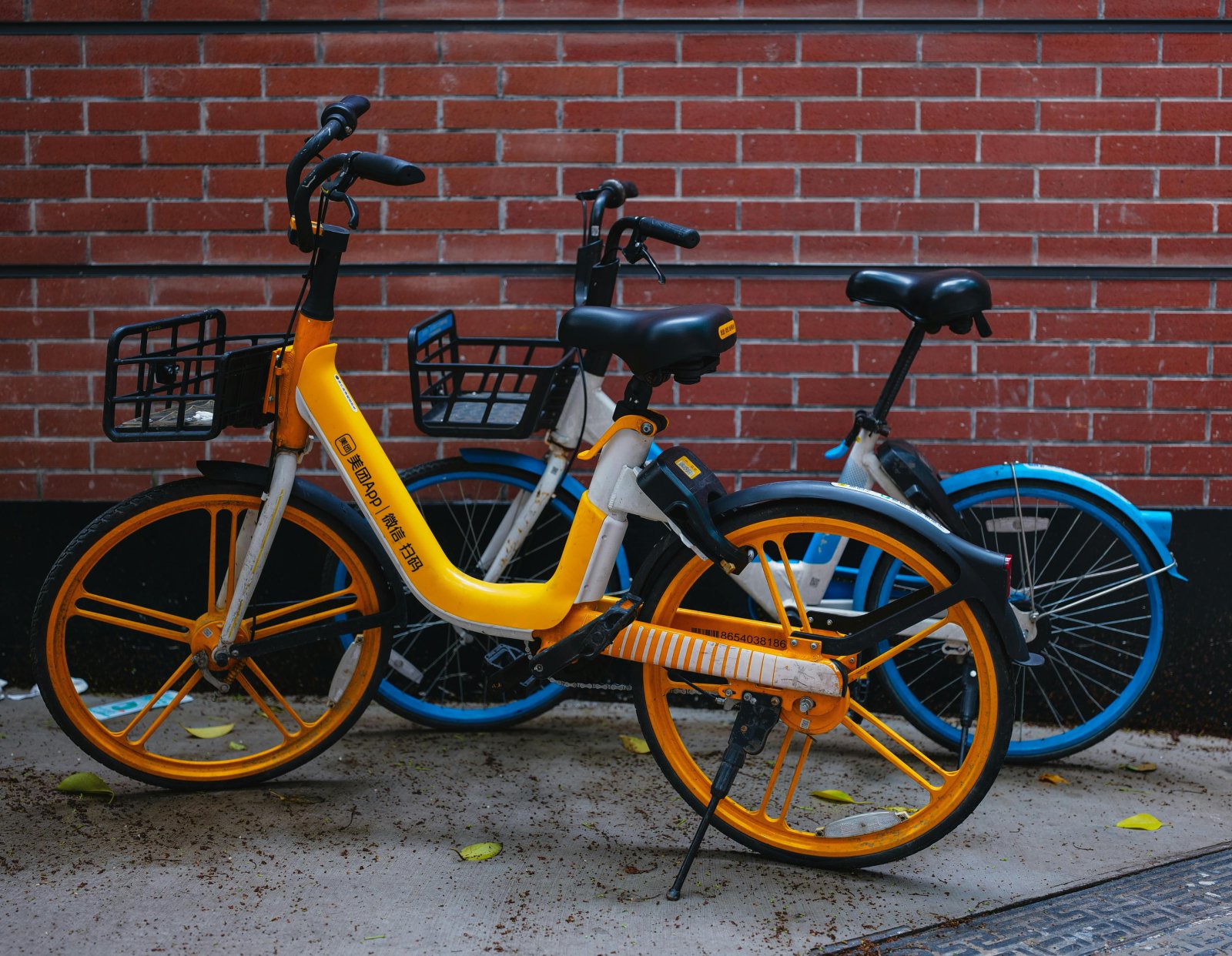
Image Credit: Pexel / Declan Sun
However, it would seem the country has set an example, as Africa’s interest in EVs is increasing. Just look at Nairobi, Kenya, where a 500% growth in electric motorbikes struck in just one year after the Kenyan government passed tax incentives.
As industry experts explained to CNN, that meant a rise from a few hundred to about 3,000 electric bikes in Nairobi – a significant change when it comes to lowering those greenhouse gases.
Featured Image Credit: Pexel / rvdw images.
The images used are for illustrative purposes only and may not represent the actual people or places mentioned in the article.


